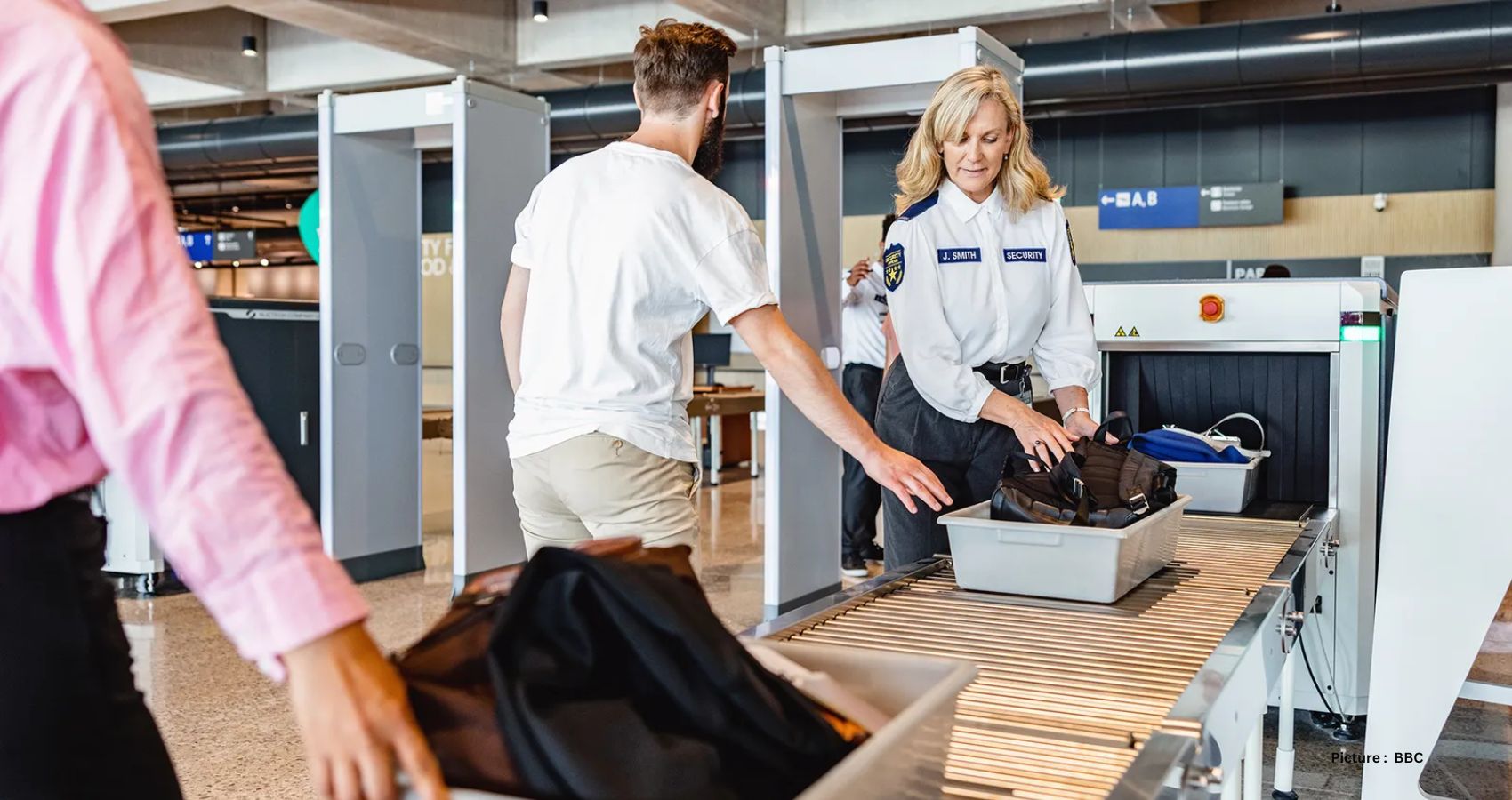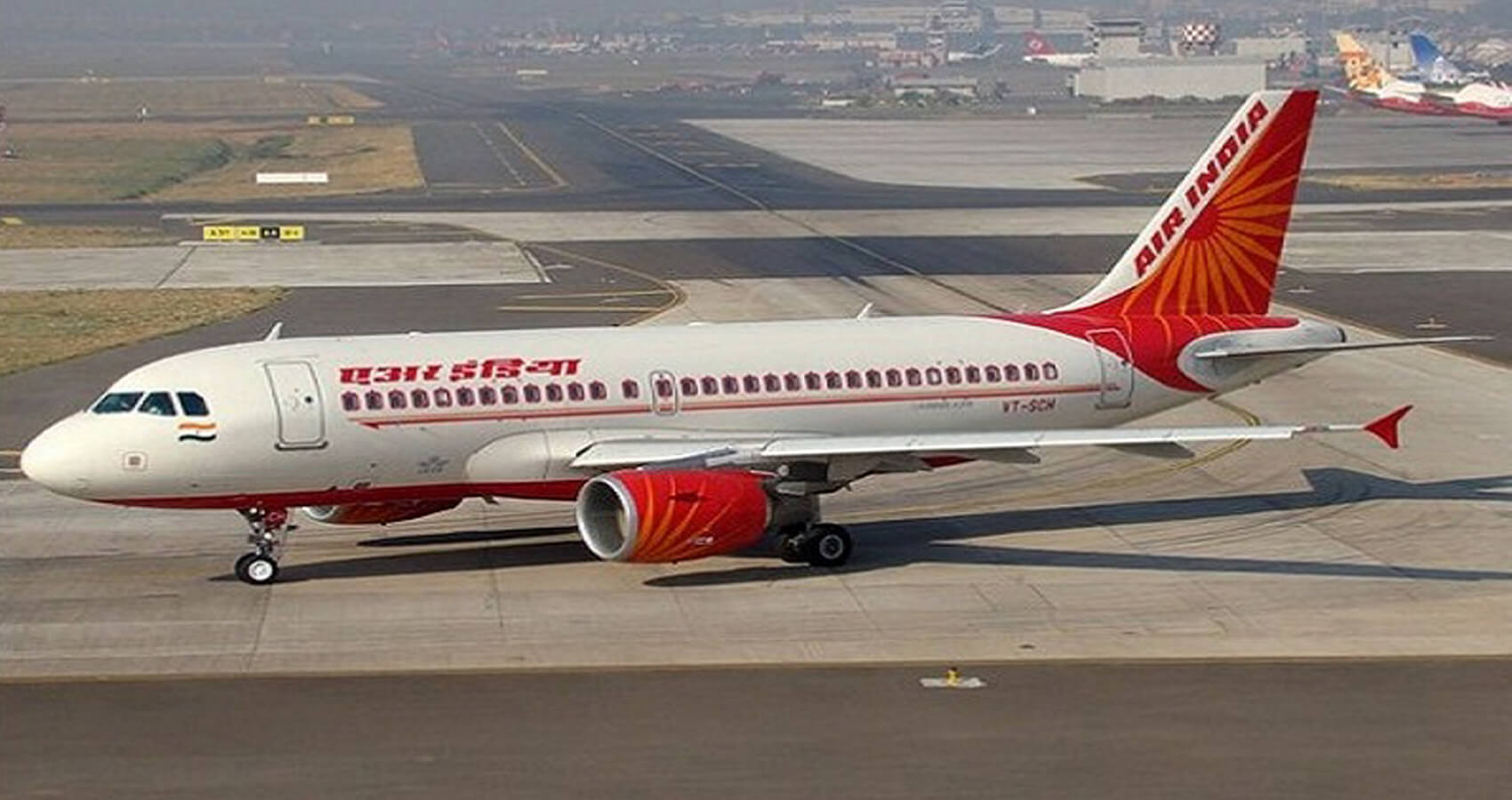The actor and former politician appeared unperturbed by the delay, even taking a photo in the tax bureau office. It transpired that he intended to auction it off to support a climate charity.
In certain circumstances, any individual could find themselves in a situation akin to Arnold’s. When preparing for significant journeys, it’s easy to overlook travel regulations amidst the preparations. Yet, it’s crucial to recognize that airport personnel enforce a multitude of local and international regulations concerning security, customs, agriculture, health, and more. Certain slip-ups could result in detainment, delays, or worse. Here are eight things to steer clear of if you want your airport experience to be swift and hassle-free.
1.Ensuring Valid Travel Documents
Travel document regulations vary depending on the airline and country. To avoid complications when boarding a plane, your travel documents must be current, and in many cases, valid for a specific duration beyond the expiration date. This requirement aims to ensure that in the event of a delayed return flight, travelers can still board a later flight. It’s prudent to thoroughly review passport and visa validity guidelines before heading to the airport. For instance, countries such as Thailand, Nepal, and Turkey mandate six months of passport validity upon entry, while most European Union countries require three months, and New Zealand necessitates one month beyond the intended departure date. Additionally, ensure that your photo and biographical data are clear and visible, as any damage to these documents could result in grounding until replacements are obtained.
- Avoiding Prohibited Items in Luggage
Many travelers assume that as long as they’re not carrying illegal substances, their luggage will pass through without issue. However, prohibited items encompass a wide range, from pornography (restricted in many Asian and Middle Eastern countries) to firearms. Each country maintains a designated list of prohibited and restricted items, some of which might be surprising. For example, India prohibits materials portraying its external boundaries inaccurately, while Japan prohibits items that may compromise public safety or morals. In Dubai, cooked or homemade foods, three-layer fishing nets, crude ivory, and rhino horns are banned. Travelers can consult the Transportation Security Administration (TSA) website in the US to ascertain whether specific items are forbidden. It’s advisable to check the customs websites of each country for the latest information, as items legal in your country of departure might be illegal at your destination. Failure to comply could result in confiscation, detainment, or denial of entry into the country.
- Declaring Excessive Cash or Valuables
In most countries, including the US, travelers must declare or notify government officials when entering or leaving with large sums of money, typically exceeding $10,000, or valuable items exceeding that value. Jewelry, luxury goods, and electronics may fall under this category. Some countries, like South Africa and Canada, allow travelers to complete declaration forms before departure to avoid fines and delays at the airport.
- Managing Prescription Medication
Travelers carrying medications must confirm that the ingredients are permissible in their destination country. Some medications may require a doctor’s note for authorization, while others might be entirely banned. For instance, pseudoephedrine, found in over-the-counter Sudafed, is considered a controlled substance in Mexico. To avoid legal repercussions, travelers should consult the embassies of all countries along their route, including transit stops, to ensure their medications comply with local regulations. It’s advisable to discuss alternative options with a healthcare provider if traveling with restricted medications.
- Declaring Living Creatures
Restrictions apply to bringing living organisms into foreign countries, including plants, pets, and exotic animals. Travelers can refer to resources like the US Customs and Border Protection website for guidelines on declaring plants, seeds, and flowers. Regulations concerning domesticated animals vary by airline, country, and time of year. Some countries impose breed-specific restrictions on pets; for example, Jamaica prohibits the import of pit bull terriers.
- Avoiding Flammable or Explosive Items
Items that pose fire or explosion hazards, such as cigarettes, lighters, and fireworks, are generally prohibited on airlines. Violating these regulations can lead to flight cancellations and hefty fines. It’s crucial to refrain from traveling with any items intended for ignition, particularly on celebratory occasions like birthdays or weddings.
- Refraining from Flying Under the Influence
Consuming alcohol excessively before or during a flight is prohibited by federal regulations. Ground crew are tasked with preventing intoxicated passengers from boarding, and onboard, passengers are only permitted to consume alcoholic beverages served by flight attendants. The Federal Aviation Administration (FAA) maintains a zero-tolerance policy towards unruly behavior, which may result in fines, placement on a no-fly list, or referral to law enforcement.
- Resolving Legal Obligations
Unresolved legal matters, such as outstanding fines, warrants, or child support payments, can disrupt travel plans. Many countries empower airport security and immigration officials to access databases containing information on individuals with criminal records or outstanding warrants. It’s imperative to address any legal issues before attempting to board a plane, as failure to do so could lead to detention or denial of entry. Travelers should seek legal advice to confirm they are free to travel without restrictions and carry documentation verifying the resolution of any legal obligations.
Arnold’s inadvertent detention underscores the importance of adhering to travel regulations to ensure seamless airport experiences. By avoiding common pitfalls and staying informed about relevant regulations, travelers can minimize disruptions and enjoy stress-free journeys.




